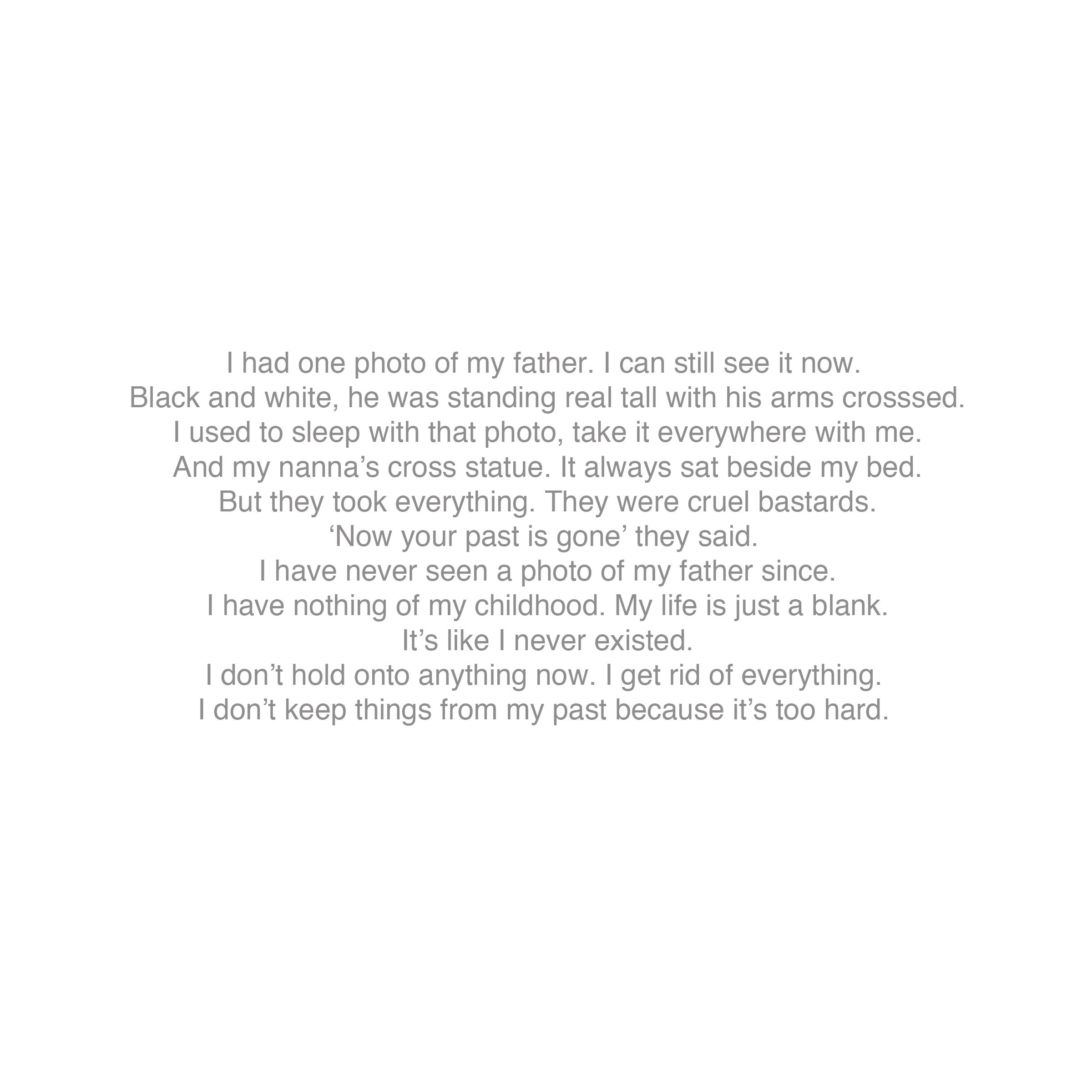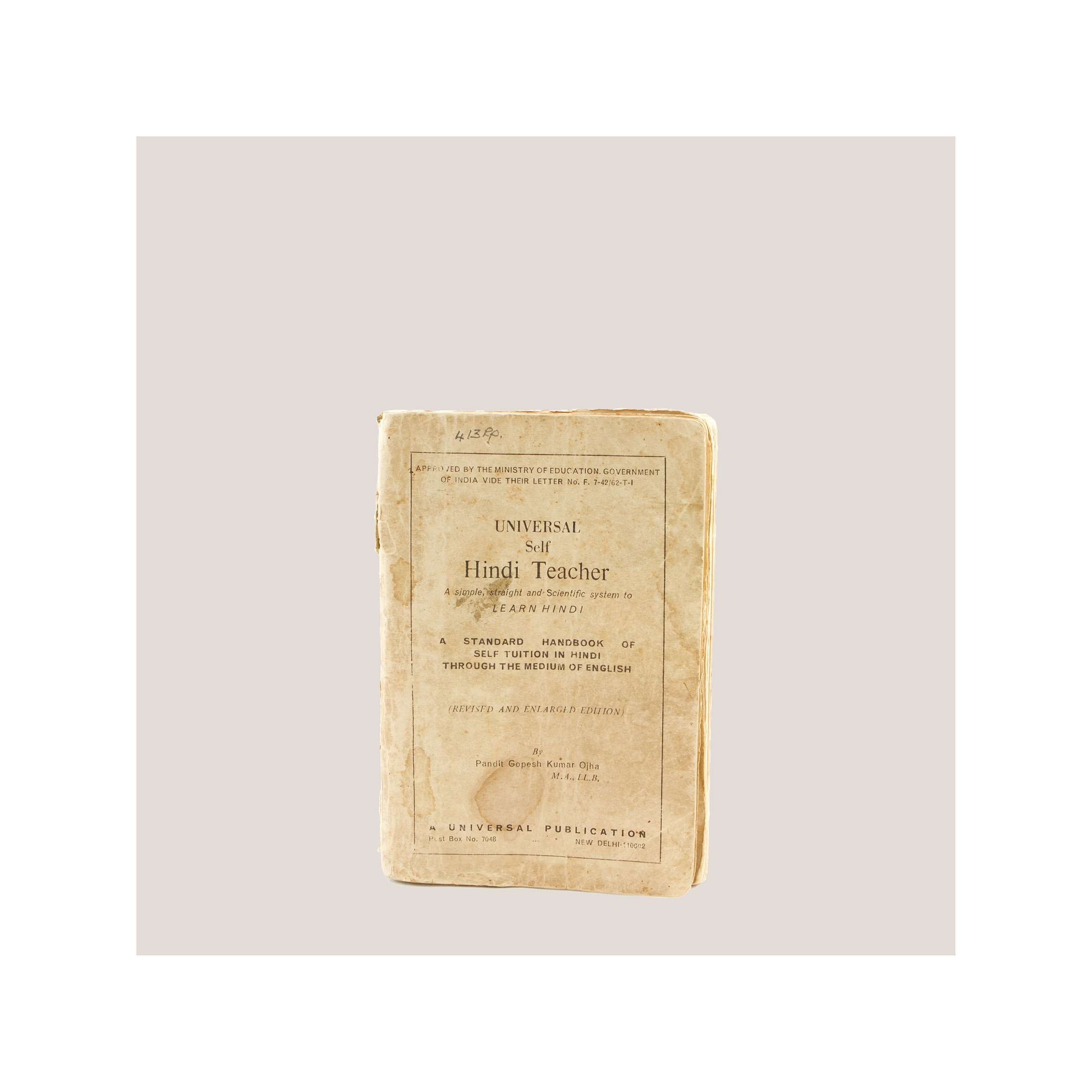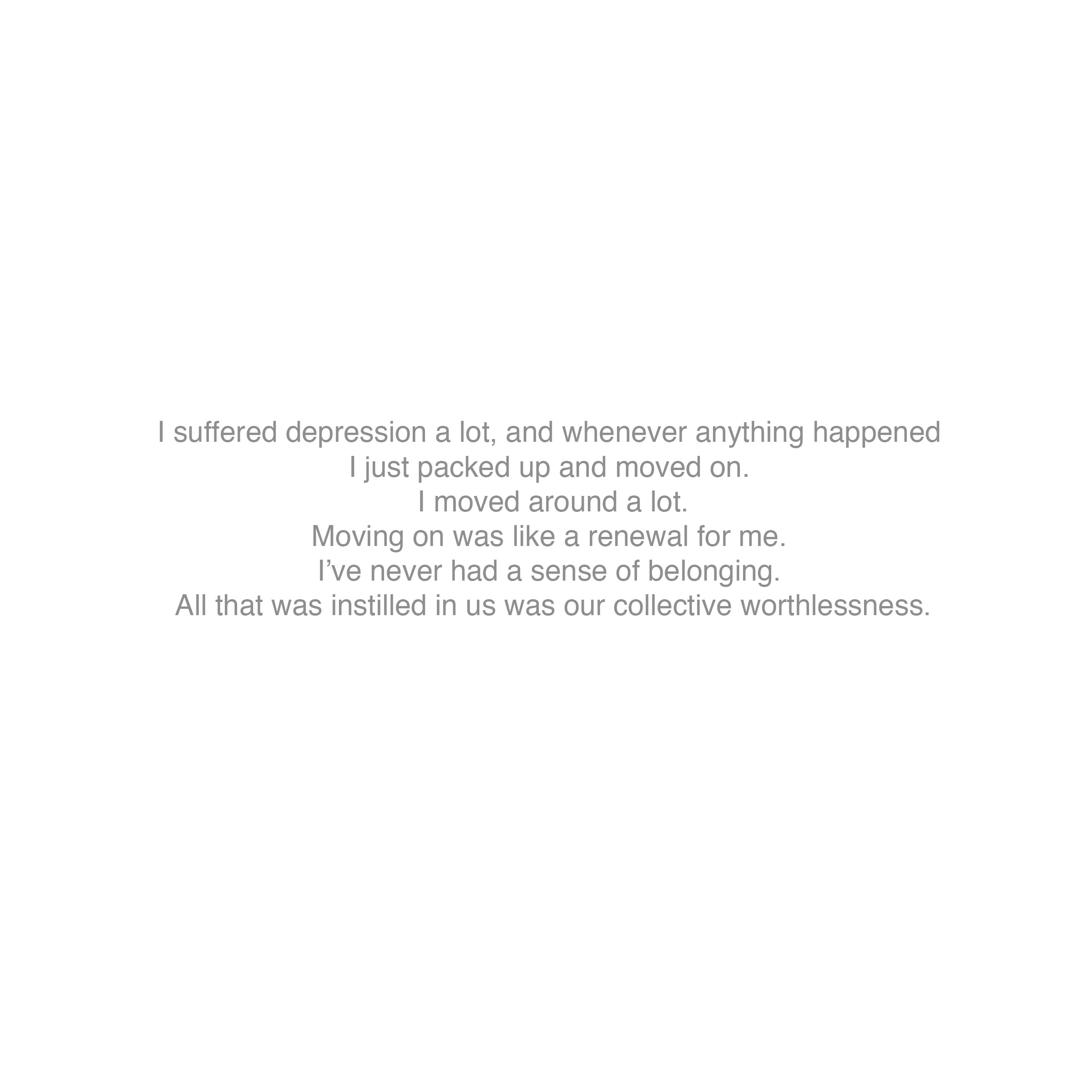When Silence Becomes Betrayal
More than five hundred thousand children have experienced life in institutional care in the last century in Australia. Seven thousand were child migrants, fifty thousand Indigenous Australians, and over four hundred thousand Australian born, non-indigenous Australians. They are commonly referred to as the ‘Forgotten Australians’.
Neerkol Orphanage was one of one hundred and twenty institutions that provided out of home care in Queensland.
Neerkol Orphanage was run by the Sisters Of Mercy and was located 22kms west of Rockhampton. It ran for a hundred years from 1885–1985, making it one of the longest run homes in Queensland, with over 4,000 children passing through its gates.
From the fifty-four former Neerkol residents that gave evidence to the Commission of Inquiry into Abuse of Children in Queensland Institutions only two had positive accounts of the orphanage. The 2004 the Senate Committee Report found children suffered separation issues, grief, humiliation, isolation and were confused about their identity. Many children were incorrectly told their parents were dead. They were neglected and exploited, often used as child slave labour and punished with hard physical tasks. There was a lack of education, of health care and of family support. Children were severely abused emotionally, physically and sexually.
When Silence Becomes Betrayal investigates the consequences of institutional childcare systems that were in place in Australia in the first half of the twentieth century.
The project seeks to explore the lived experiences of three women Theresa, Mary and Margaret, who are survivors of Neerkol Orphanage, Rockhampton and in doing so, add an affective body of knowledge to the emerging literature on Forgotten Australians.
It is hoped that this new knowledge will raise awareness of the 500,000 people in Australia who identify as ‘Forgotten Australians’.








































